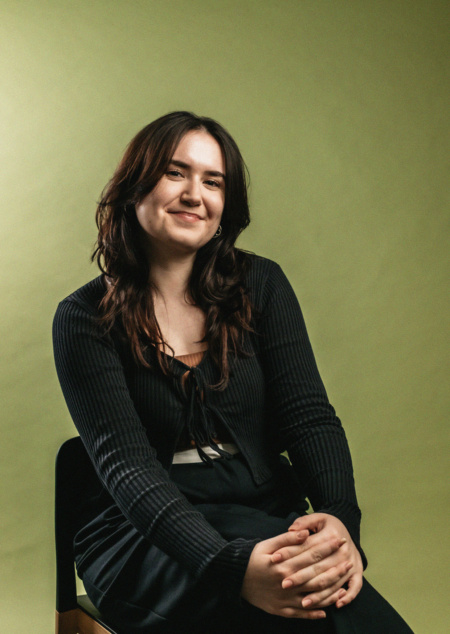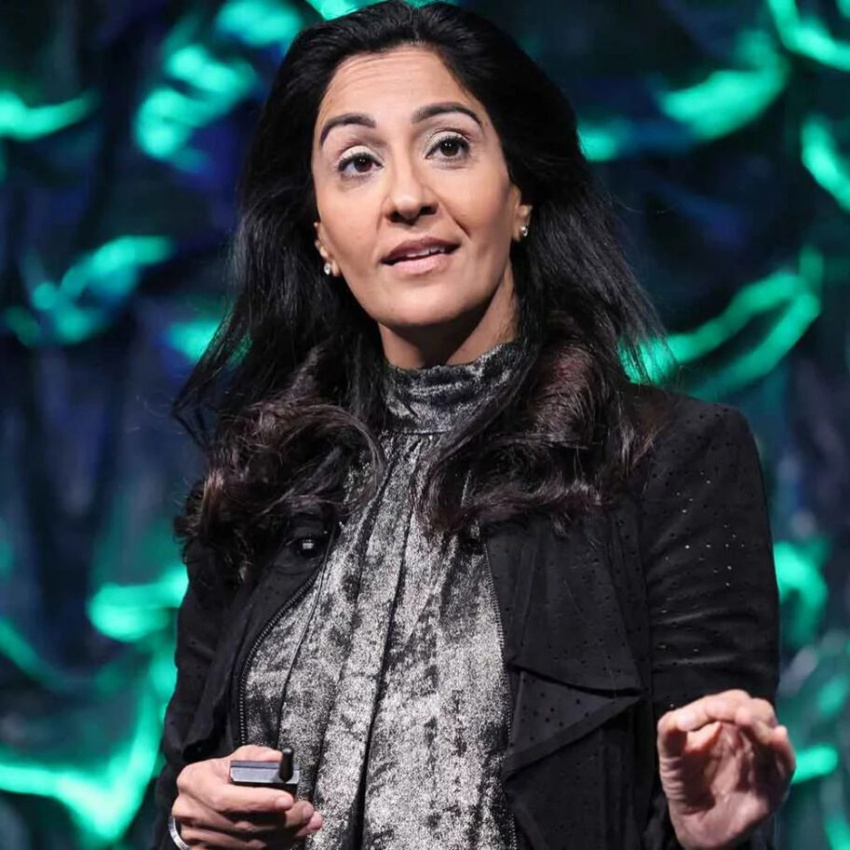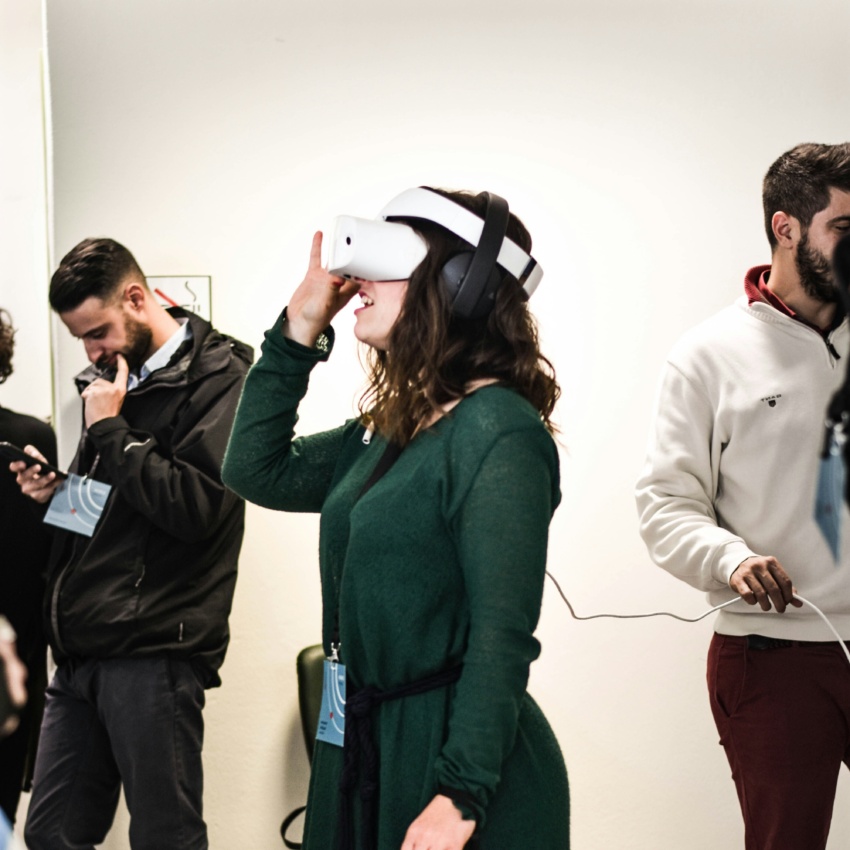The attainable innovation framework: a guide for event professionals
Innovation is an important topic for Cleveland Justis, from the Institute for Innovation and Entrepreneurship at UC Davis School of Management. As a leading innovation expert, Justis shows meeting and event strategists how to incorporate innovation principles into their work. To date, the Institute has been responsible for helping more than 75 companies get started and secure nearly $300 million in early-stage funding.
So, what exactly is innovation and how can event planners use it to their advantage? We asked Cleveland to explain….
What does innovation mean?
Good question! It’s one of the many buzzwords used in this ever-changing industry. It’s a similar buzzword to ‘sustainability’; everyone wants to innovate and everyone wants a sustainable business, yet no one knows exactly what these terms mean!
As a society we tend to glorify innovators as if they’re somehow different to the rest of us. We tend to view them as secret genius’ who hide themselves away until they have a brilliant new idea that comes seemingly from nowhere. Yet, the history and research on innovation tells us that building connections between new people is what really gives us access to new ideas and approaches.
I’m interested in exploring the ways that innovators can build networks that give them access to new ways of thinking. Once people do this they realize that innovation is less about discovering a brand new idea than it is about using existing ideas, processes, and products in new ways. Some of our most successful organizations have simply taken an existing idea or product and developed it. Want some examples? Take Amazon, AirBnb and Uber to name a few.

Why is innovation important?
Innovation is more important than ever because society and business are both changing so rapidly. Technology is changing everything about how we live our lives and millennials, as core adopters of technology, are changing expectations about work, society and commerce. As a result, business leaders, must be willing to continually adapt and change - or we’ll be left behind.
How can you deliver innovation – is it dependent on products (e.g. technology) or people?
Innovation is dependent on both products and people. Of course, people are the most important because they develop the products and services. The key to innovation is taking small steps forward, assessing, and then taking more steps forward. People are often afraid of failure and so they don’t change. We try to help them move forward and see the rewards and opportunities, not the setbacks.
Need inspiration? Watch how children play. They’re constantly innovating, learning, and making things better - they see the world differently because, and this is crucial, they’re not afraid to fail.
What are the risk adverse obstacles that planners need to beware of?
Of course, there are some barriers to innovation. Here’s a list of the main ones to watch out for:
- Doing it the same way just because it worked in the past.
- Becoming uncomfortable with change
- Coming to a client with a solution before you really understand the need they’re trying to solve
- Allowing mediocrity and complacency to rule over excellence and innovation.

How can planners incorporate innovation principles into the meeting and events they organize?
Don’t be afraid to challenge and unsettle yourself. We often become comfortable doing things “our way” because it has worked in the past. Be warned – just because it worked in the past doesn’t mean that it’s the best way!
Incorporate innovation by really listening to customers and seeing the world from their vantage points and – crucially - be willing to change anything according to their needs.








